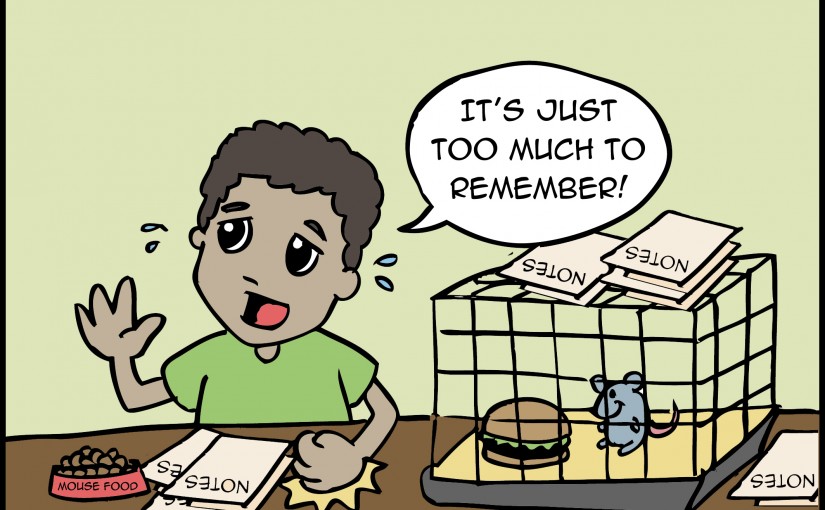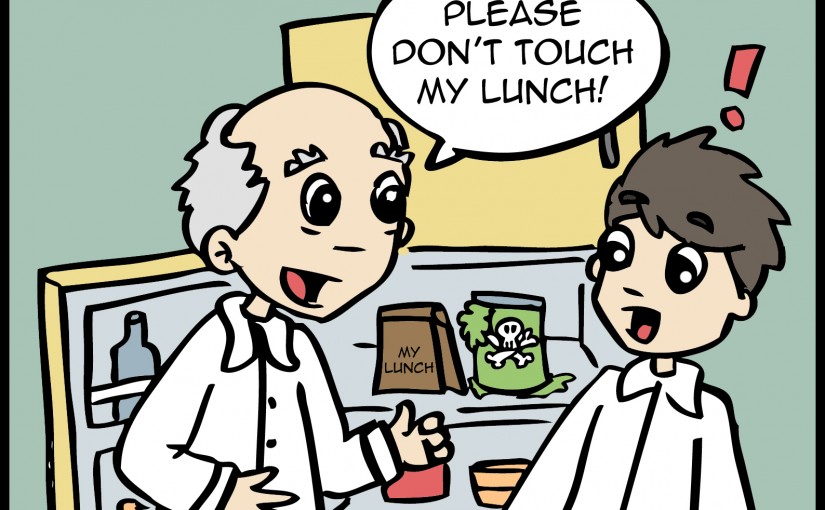You will learn a lot in the first couple of weeks: where things are, how to use machines (if that’s relevant), which people will help you, and which ones to avoid like they are carrying a lethal virus etc.
You won’t remember everything, so don’t be afraid to ask questions even if someone has already answered them. If their response is to set you on fire and walk away, at least you will know to avoid them next time.
Most importantly, take notes. Even the simplest stuff should go straight on paper. In fact, it is the simple stuff you are most likely to forget. If people talk too fast, ask them to slow and repeat. They’ll know it’s better than saying it over and over.
Get Practical Tips- If you are stuck, there are most likely online forums where people have had similar problems. Just type your question into google.
- Have a separate book you use to take notes during explanations, then immediately type them up in full before you forget them.
- Make your notes are as exact and specific as possible.
Get Wet Lab Tip
- For techniques using machinery there are nearly always online tutorials on youtube, science blogs, or yahoo answers. These are all great resources, but check the manufacturer’s guidelines first. They probably know best.
Read Personal Perspective
My first year notebooks read like the ramblings of lunatic on LSD. Numbers scattered everywhere, names and values written without explanation. I’ve still got them all, though I have no idea why. People could gather more information from books that have been burned.
One result was that I had to ask my supervisor for several explanations of how to use the same machine even before it stopped working. Fortunately, he was patient.
When dealing with nasty or impatient people that you are reliant on for help, the best thing you can do is make thorough notes the first time they tell you something. If they speak too fast, ask them to slow and repeat. If they are truly foul they may still be annoyed, but their reaction will be 1000 times better than if you have to go back later and ask them to repeat it as if you weren’t listening. This, in my experience, is what they truly hate because it makes them feel like they are wasting their time.
Have you made similar mistakes? Share your experiences or feelings about this guideline in the comments below, or just give it a thumbs up.


